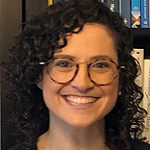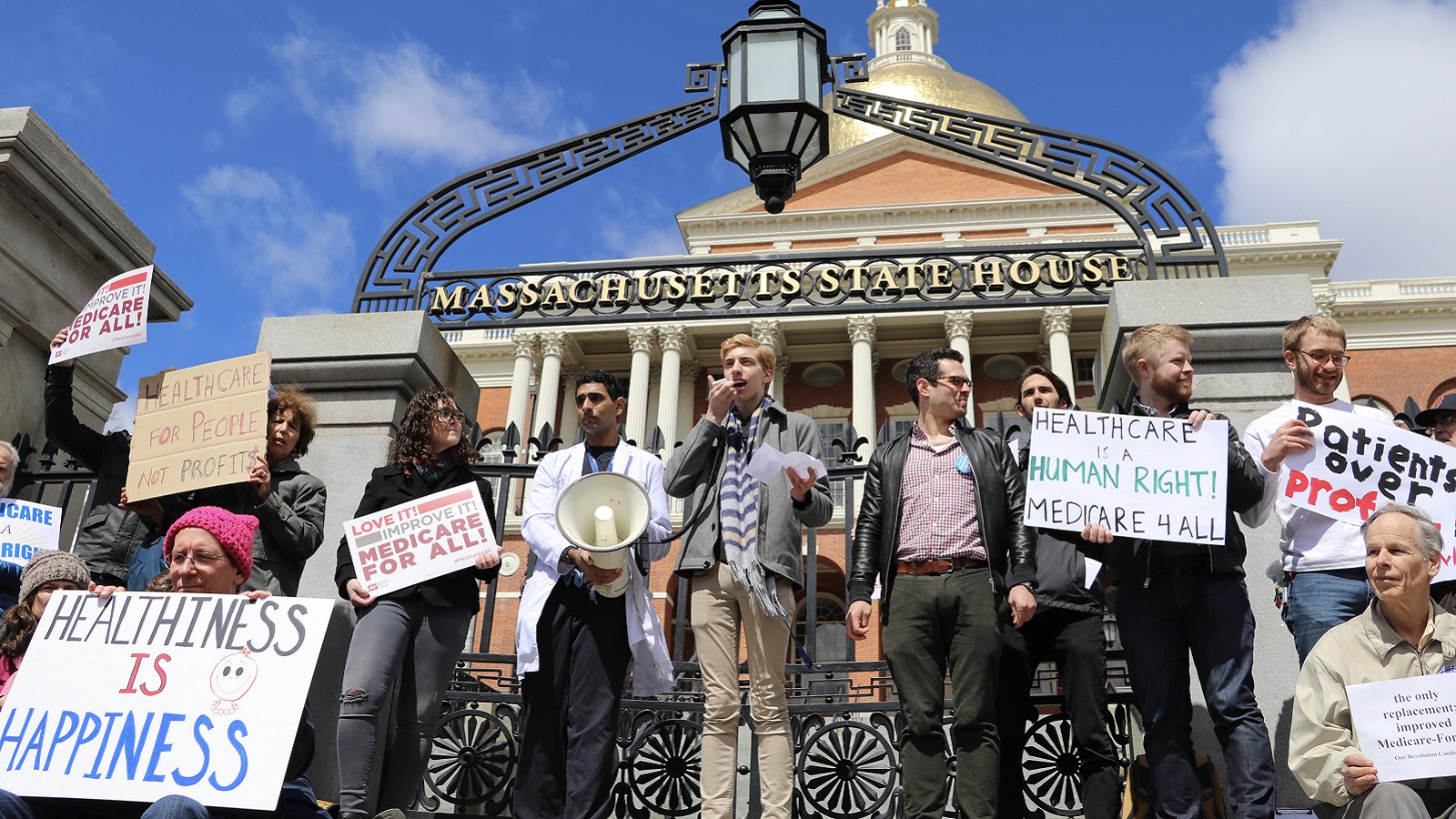As physicians in the intensive care unit (ICU) at Cambridge Health Alliance, a safety-net hospital in the Boston area, our patients regularly fall victim to the intersection of the social determinants of health and the failures of our dysfunctional healthcare financing system. We frequently treat patients whose health problems have been thrust upon them by structural forces: a Black man spiraling into ketoacidosis because he couldn’t pay for insulin at the pharmacy, or a middle-aged woman with acute heart failure and cerebral edema from malignant hypertension because she had been uninsured, and out of care, for many years. As the number of COVID-19 cases began to climb in the Boston area in March, and our ICUs filled with COVID patients, we again witnessed the consequences of structural racism and unequitable access to healthcare unfold.
COVID-19 seems to be most dangerous for older patients and those with chronic conditions. Yet we treat many seriously ill patients in our hospital with severe COVID infections who carry few or no diagnoses of chronic conditions. Some of their family members report the patients serve as essential workers—at a local grocery store, ride share driver, airport baggage handler, or delivery person. They are not always sick because they had been in ill health, but in some instances, it seems, because they continue to work despite stay-at-home advisories—because they have no other choice. Our seriously ill COVID patients are disproportionately Latinx or Haitian.
Massachusetts Department of Public Health statistics indicate the extent of the disparities. For example, as of June 10th in the working-class municipality of Everett, there are 3,486 diagnosed COVID cases per 100,000 people. Adjacent to Everett is Chelsea, a disproportionately Latinx, immigrant town that has a case rate of 7,538 per 100,000 people. In comparison, the infection rate in well-to-do Brookline, a few miles away, is dramatically lower—a mere 579 per 100,000 people. As physicians on the ground, it’s shocking to witness the influx of people of color into our ICUs. But sadly, this isn’t surprising. Many of our patients face the impossible choice between continuing to work, thereby risking exposure to COVID-19, versus staying home, losing their livelihood (and possibly health insurance), and facing an even more uncertain future. Others contend with crowded housing. Higher rates of chronic illness—whether diagnosed or undiagnosed—also play a role; a disparity that stems, in part, from inequitable access to healthcare.
After all, even if Massachusetts protects its residents from the financial burdens of medical care more than most states, patients still struggle with being under- or uninsured. For instance, 7.1% of residents in Everett and Chelsea are uninsured, far higher than the estimated 3% uninsured rate for the state. Further, 5% of Black and Latinx people remain uninsured in Massachusetts. And nationwide, more than 18 million people at increased risk for COVID are under- or uninsured, and a disproportionate number of these individuals are low income and people of color. In the United States, people of color are doubly disadvantaged throughout the pandemic: systematic racism contributes to a greater susceptibility to acute illness, while our fragmented health financing system means that those in greatest need often face the largest barriers to obtaining care.
We provide the best possible critical care to our patients in the ICU, but what we cannot do is rectify the stark social inequities that put some groups at significantly higher risk for exposure to and complications from COVID-19. Nor can we travel back in time to help these patients access decades of preventive care they never had access to, which may have fortified them in the face of the pandemic, by controlling or preventing chronic illnesses that predispose to severe COVID infections. For that, transformative social change is needed.
As leaders with Physicians for a National Health Program, a nonprofit advocacy organization, we have long advocated for a single payer, Medicare-for-all system to guarantee healthcare as a right to all Americans. It is unacceptable to continue to allow minority communities to suffer disproportionately from inadequate access to healthcare, or anyone to be uninsured, in one of the wealthiest nations in the world. Eliminating financial barriers to healthcare, of course, is not a panacea for decades of structural inequities—it would not, by itself, prevent Chelsea from experiencing a 10-fold higher case infection rate compared to Brookline. It is, though, a crucial and necessary step in the healing process.
**Feature photo provided and used with permission from authors Janine Petito & Adam Gaffney.
Interested in contributing to the Harvard Primary Care Blog? Review our submission guidelines
Interested in other articles like this? Subscribe to the Center's bi-weekly newsletter

Janine Petito, MD, is a rising Internal Medicine Chief Resident at Cambridge Health Alliance. She is a graduate of Boston University School of Medicine and board member of Physicians for a National Health Program.

Adam Gaffney, MD, MPH, is a Pulmonary & Critical Care Physician at Cambridge Health Alliance, Instructor in Medicine at Harvard Medical School, and President of Physicians for a National Health Program.
- Share
-
Permalink


